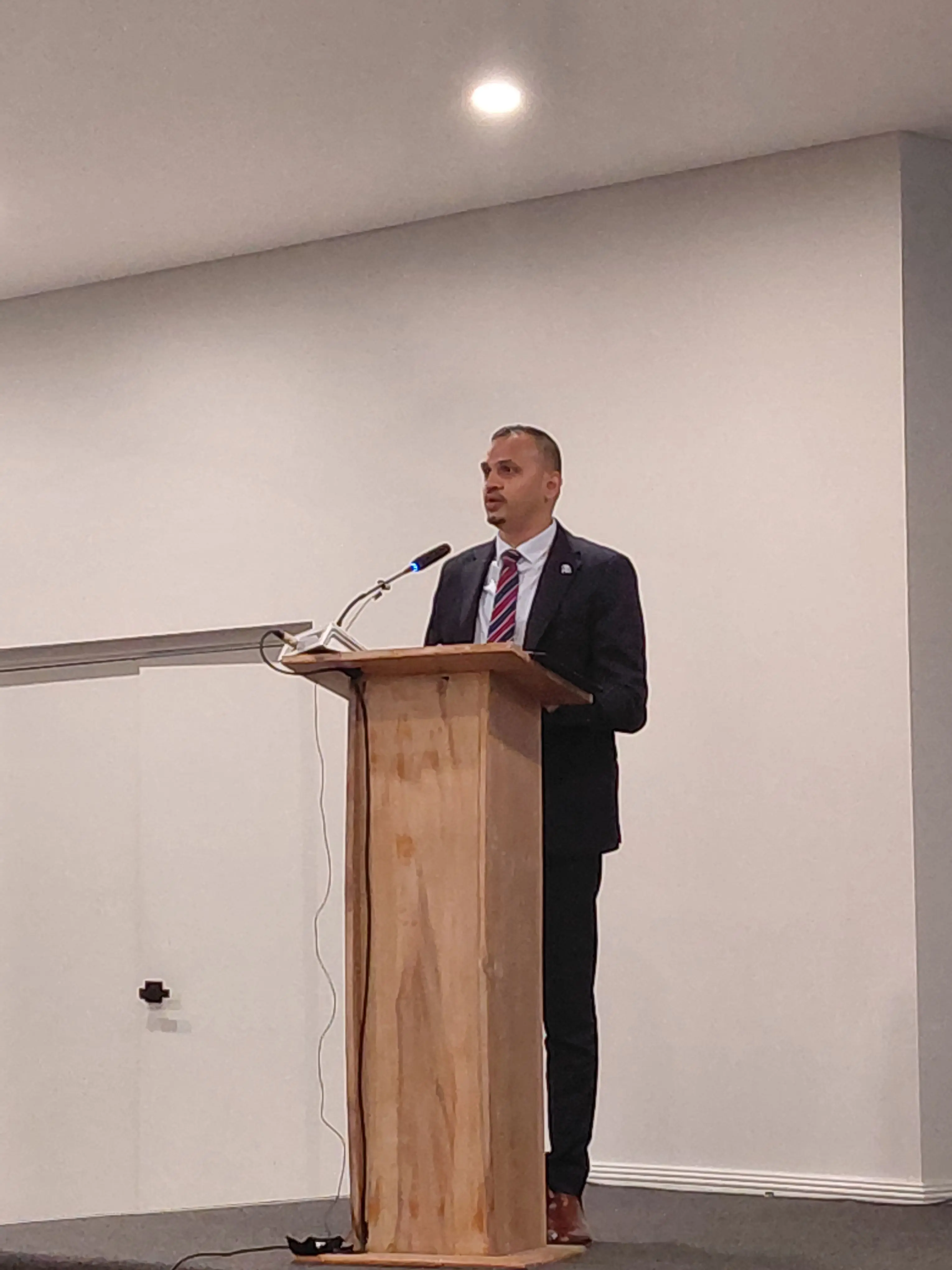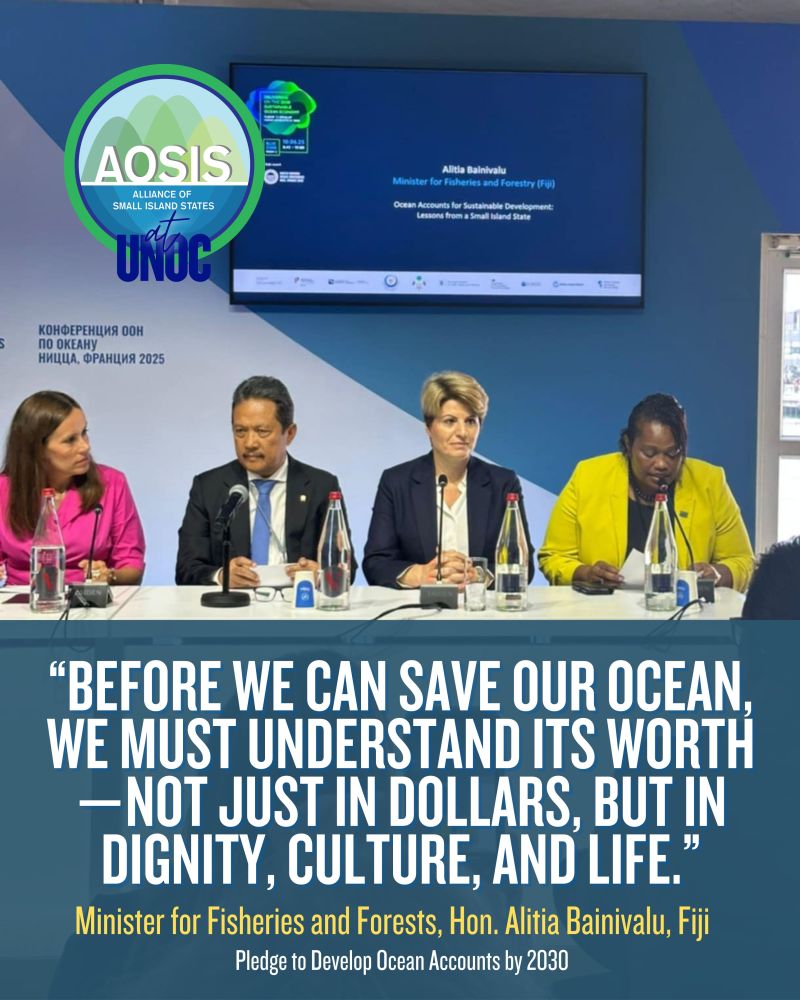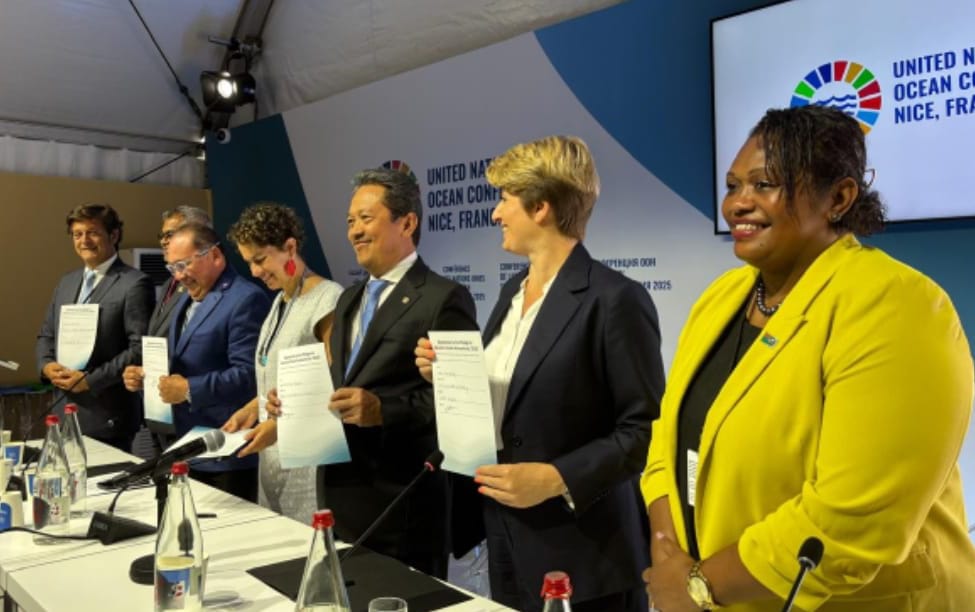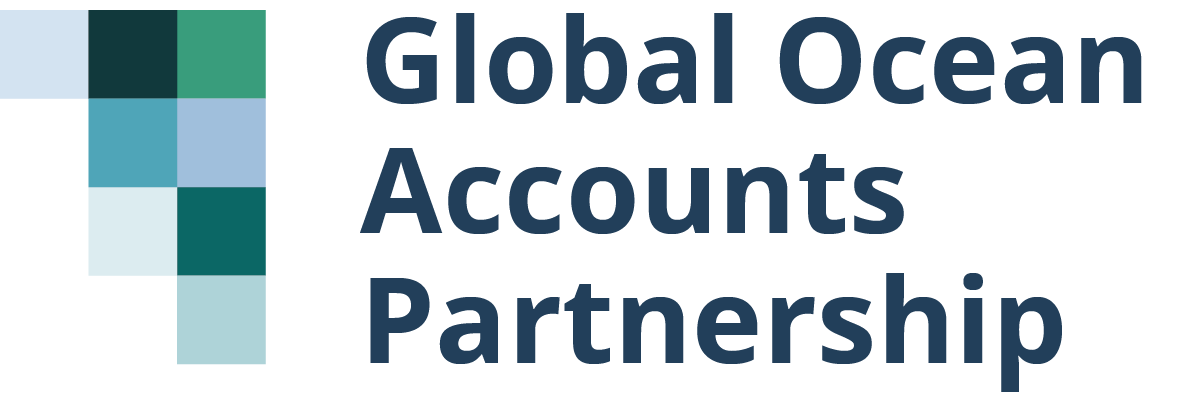Ocean Accounts for Fiji
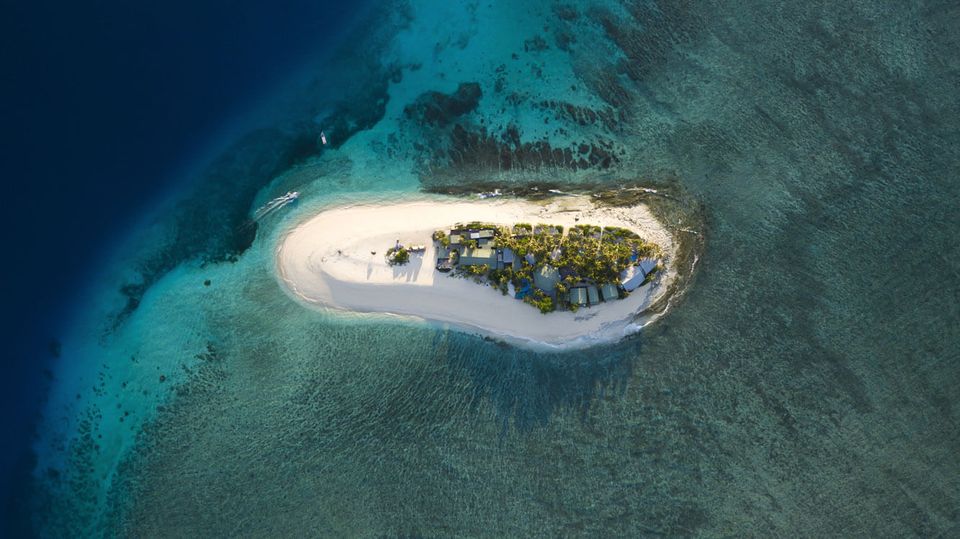
Fiji has made significant progress in ocean accounting implementation, beginning with an initial pilot developed by the GOAP Secretariat in collaboration with the University of the South Pacific. Building on this foundation, a national workshop was held in September 2024 that brought together key government ministries to develop a draft national roadmap for ocean accounts. This process identified priority accounts and established possible pathways forward.
In June 2025, Fiji joined 18 other countries in signing the Pledge to Develop Ocean Accounts by 2030, demonstrating their commitment to furthering national and global sustainable ocean development.
GOAP is further supporting Fiji through the development of plastic accounts and social accounts in 2025. A Memorandum of Understanding has been established with the Ministry of Environment and Climate Change to ensure continued technical support for ocean and plastics accounts implementation.
Activities
13-15 October 2025 | Workshop on National Data Systems for Sustainable Development and Technical Workstreams | Suva, Fiji
Government representatives, practitioners and civil society joined this workshop to
- Design a vision for national data system across ocean and waste management streams,
- Gather stakeholders perspectives on these data systems,
- Identify gaps and opportunities and foster collaboration between government agencies,
- Development partners, academia and the private sector to ensure a coherent approach to data system strengthening.
This workshop was convened by the Government of Fiji through the Ministry of Environment and Climate Change in collaboration with the UNSW Centre for Sustainable Development Reform and the GOAP with support from UK Blue Planet Fund together with the Pew Charitable Trusts (PCT), the Australian, New Zealand and Pacific Islands Plastics Pact (ANZPAC).
24-25 September 2025 | Capacity Building and Planning Workshop on Development of Fiji’s Ocean Accounts and Related Data Systems | Suva, Fiji
This workshop introduced global best practices for ocean accounting, strengthened the understanding amongst Fiji Government staff of ocean accounting methodologies, in particular those based on the SEEA, prepared relevant teams to lead Fiji’s Ocean Accounts implementation and drafted a practical implementation Roadmap for discussion with wider stakeholders at the planned workshop in October 2025.
5-6 September 2025 | Fiji National Workshop on Linking Ocean Accounting for Sustainable Ocean Development | Suva, Fiji
This national workshop convened key stakeholders to introduce ocean accounting and its implementation in the Pacific and wider Asia-Pacific to address regional and national needs, identify how social, economic and environmental data can support policy priorities in Fiji and identified the capacity support, training and international collaboration needed to accelerate the implementation of data and accounting activities in support Fiji’s priorities for sustainable ocean development.
Pilot: a focus on mangroves (2021-2022)
These reports are 'preliminary consultation drafts' published in 2022. Should you have any feedback or questions, please send them to info@oceanaccount.org.
Date
2021-2022
Pilot study area
Fiji
Objectives
- Strengthen Fiji’s capacity to better account for its ocean resources (mangroves and other biotic and abiotic marine resources). This supports the Government’s priority to mitigate immediate threats to incomes and livelihoods of local communities due to the effects of climate change.
- Develop information on a range of ocean ecosystem services (starting with mangroves) to assist ocean accounting in Fiji.
- Promote development and/or adoption of better technologies and assessment tools for dealing with biodiversity losses, pollution and destruction of marine ecosystems, and unsustainable use of marine resources.
- Assist Fiji with the development of evidence-based policies, legislative mechanisms, and advanced monitoring platforms.
- Provide an outline of available or potential data sources for constructing mangrove accounts in Fiji and highlight the current limitations to creating an ocean account for mangroves in Fiji.
- Provide recommendations for improving the quality of accounts and scaling nationally.
Target outputs: Mangroves conditions and direct SNA benefits.
Types of accounts
- Ecosystem asset accounts of mangroves (extent and cover)
- Economic accounts of direct SNA benefits
Results
The accounts:
- Estimated annual ecosystem benefits worth USD $20–30 million (~0.5 percent of GDP)
- Identified 3,500 direct jobs supported by mangrove services across communities
- Tracked environmental change, documenting a 0.79 % decline in mangrove cover (562 hectares) between 2008-2016, with the greatest concentrations of mangroves in the Eastern, Central and Northern provinces of Fiji
Methods
- Data collection: Remote sensing data from international and local sources.
- Site visits to the Suva-Tailevu coast (eastern), Navua-Sigatoka (Central) coasts, and Suva (Central), two stakeholder group consultations and a number of one-one stakeholder consultations.
- Data treatment: Manipulation of remote sensing datasets into basic spatial units per accounting area (province). Extent and condition of mangroves calculated per province.
- The methodology for economic valuation of SNA benefits involved analysing sector-specific data using the existing national accounts framework applied by the Fiji Bureau of Statistics.
Challenges and lessons learned
- Challenge: Quality and reliability of data (custodian and timely release). Solutions: a. International sources and direct outreach to data sources. b. Initial estimates are made using remote sensing and national accounts data. Both these can be improved when detailed I-O table and ground truthing of mangrove extent and cover are established.
- Challenge: Stakeholder engagement. Solution: Work with key groups across government and business.
- Challenge: Stakeholder communication. Solution: Bi-weekly meetings, stakeholder meetings and consultations with key data providers.
- Challenge: Connecting to policy objectives. Solution: The objective of the study directly connects to 5 out of the 7 objectives of the National Ocean Policy.
- Challenge: An economic estimation of ecosystems benefits. Solution: The account aimed to gauge the direct contributions that mangroves provide Fiji. Key highlights included estimates of the partials, impact on GDP and employment at the national level.
Key stakeholders
- Fiji Bureau of Statistics
- Ministry of Waterways and Environment
- Ministry of Economy
- Selected NGOs
- Other government ministries
- Secretariat of the Pacific Community
- Research community
Partners
- The University of New South Wales
- GOAP
- Researchers
- International experts
Contacts
- Rup Singh, Country lead
- Jordan Gacutan, Technical Officer, GOAP
News
